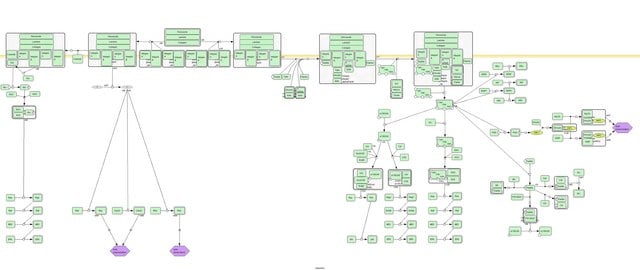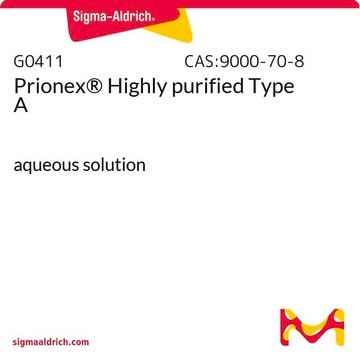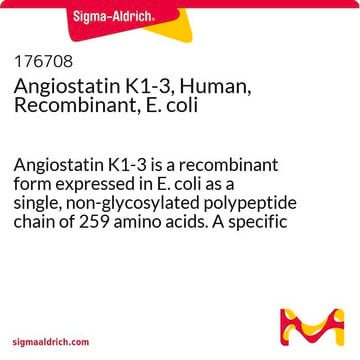GF171
Endostatin Protein, Human Recombinant
The Endostatin protein is a naturally occurring 20 kDa polypeptide derived from the C-terminal portion of type XVIII collagen.
Sinónimos:
Collagen Type XVIII, Collagen alpha-1 (XVIII)
Iniciar sesiónpara Ver la Fijación de precios por contrato y de la organización
About This Item
UNSPSC Code:
12352202
eCl@ss:
32160405
NACRES:
NA.75
Productos recomendados
General description
Endostatin is a naturally occurring 20 kDa polypeptide derived from the C-terminal portion of type XVIII collagen. It functions as an anti-angiogenic cytokine that is expressed in various organs with the highest levels in liver, lung and kidney. Endostatin inhibits angiogenesis by blocking the pro-angiogenic activities of VEGF and FGF-basic. Recombinant human Endostatin is a 20.2 kDa protein consisting 184 amino acid residues.
Product Source: E. coli.
Specificity
Cross Reactivty
None
None
Application
Research Category
Stem Cell Research
Stem Cell Research
Research Sub Category
Growth Factors & Receptors
Growth Factors & Receptors
Quality
Bioactivity assay: Measured by its ability to inhibit HUVEC migration.
Physical form
Product is filtered through a 0.2 micron filter before lyophilization.
Storage and Stability
Store at -20°C for up to 6 months from date of receipt.
Disclaimer
Unless otherwise stated in our catalog or other company documentation accompanying the product(s), our products are intended for research use only and are not to be used for any other purpose, which includes but is not limited to, unauthorized commercial uses, in vitro diagnostic uses, ex vivo or in vivo therapeutic uses or any type of consumption or application to humans or animals.
Storage Class
11 - Combustible Solids
wgk_germany
WGK 1
Certificados de análisis (COA)
Busque Certificados de análisis (COA) introduciendo el número de lote del producto. Los números de lote se encuentran en la etiqueta del producto después de las palabras «Lot» o «Batch»
¿Ya tiene este producto?
Encuentre la documentación para los productos que ha comprado recientemente en la Biblioteca de documentos.
Nuestro equipo de científicos tiene experiencia en todas las áreas de investigación: Ciencias de la vida, Ciencia de los materiales, Síntesis química, Cromatografía, Analítica y muchas otras.
Póngase en contacto con el Servicio técnico